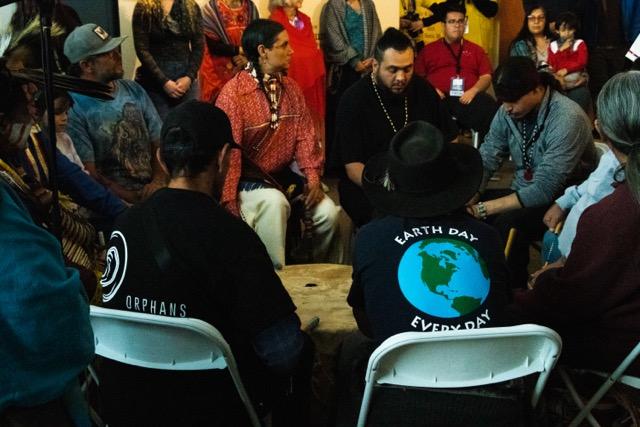
A spring break student service trip to Nicaragua was canceled due to concerns from students who had signed up regarding the recent Zika virus concerns internationally.
On Jan. 27 the first two scientifically confirmed cases of the Zika virus obtained on a local level were reported in Nicaragua according to the World Health Organization.
The Center for Disease Control states that Zika virus “is spread to people, primarily through the bite of an infected Aedes species mosquito,” and symptoms such as a rash, fever, joint pain and red eyes usually occur, but most that are infected seldom die from the virus.
“I had a couple of those female students express their concern. I believe their concern was more from the possibility of carrying the virus into a later pregnancy,” said Jack Krider, Director of Student Recreation and sponsor of the spring break trip to Nicaragua.
However, the CDC website refutes this concern and states “based on the available evidence, we think that Zika virus infection in a woman who is not pregnant would not pose a risk for birth defects in future pregnancies after the virus has cleared from her blood. From what we know about similar infections, once a person has been infected with Zika virus, he or she is likely to be protected from a future Zika infection.”
There was an initial lack of interest in the trip as well which factored into the decision to cancel it.
“I had six students signed up and we needed 10,” Krider said. “It just so happens that just after notifying American Airlines we were cancelling the trip that I had a surge in interest from students so I believe there is a need and interest in trying this again next year.”
The service projects planned for the Nicaragua trip before it was canceled were to build a home for a family in need, paint a school, do a food outreach and purchase 100 pairs of shoes to donate to local children at the school they would have painted and to children from a local orphanage.
Krider explained that another issue in finding more students who were interested in attending the trip was likely the high cost.
“I think that if we could get some university money set aside to help make this trip more affordable we would fill the trip within a few weeks of announcing the opportunity,” he said.
Had it not been canceled, this spring break service trip would have been Krider’s sixth to Nicaragua.









